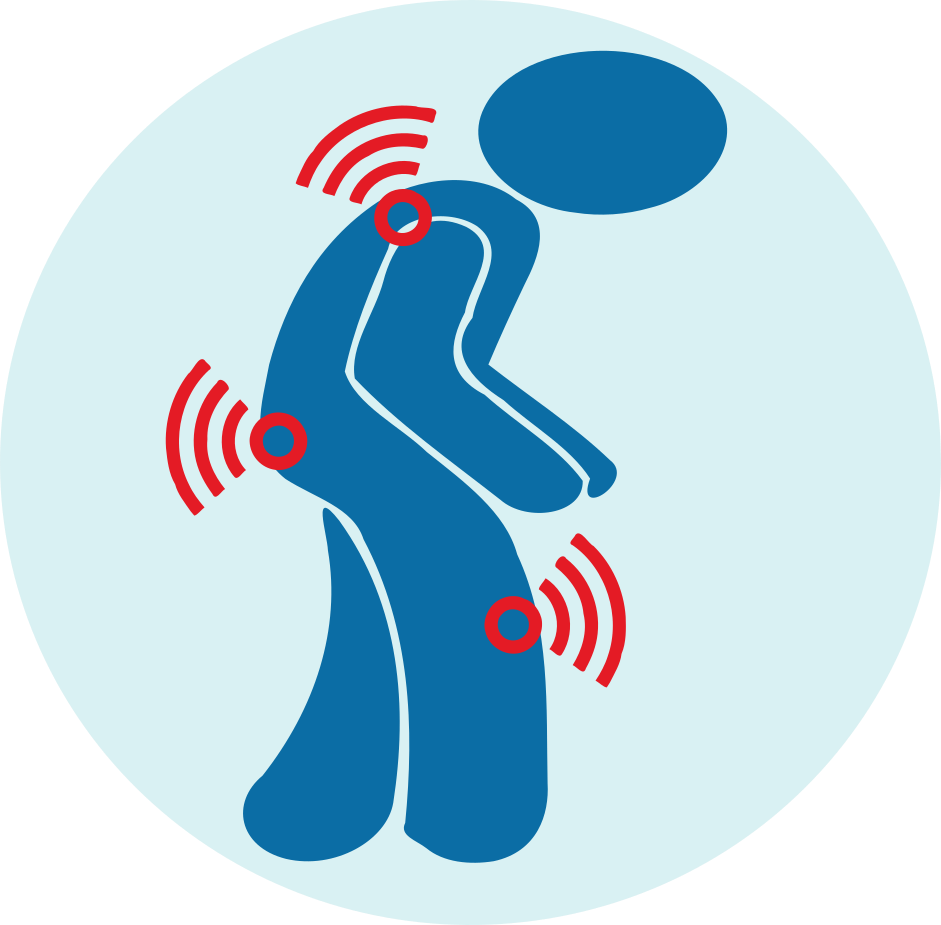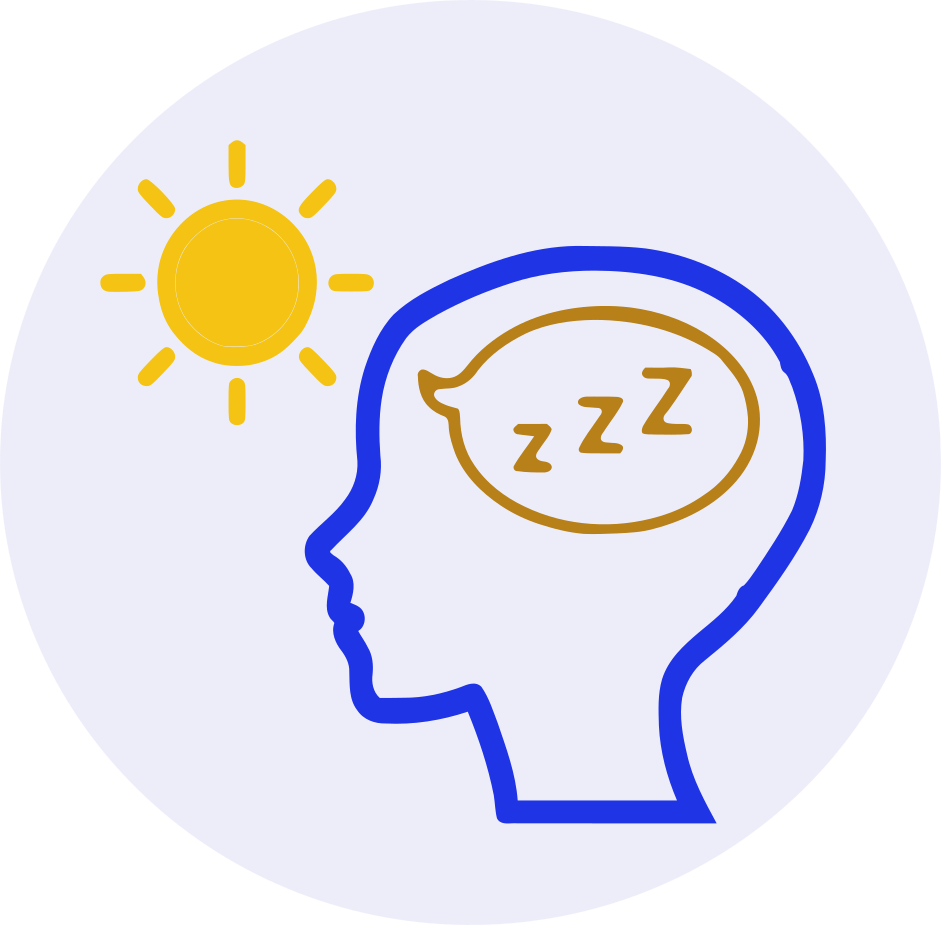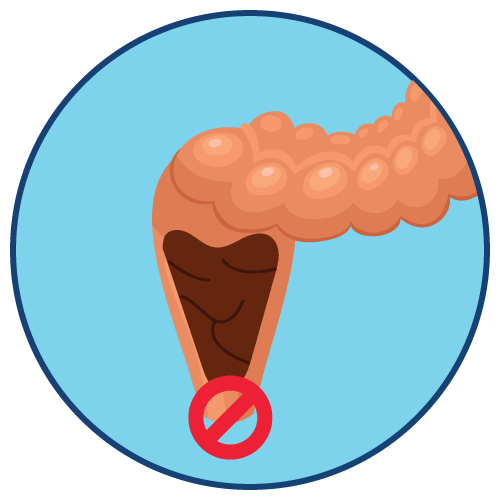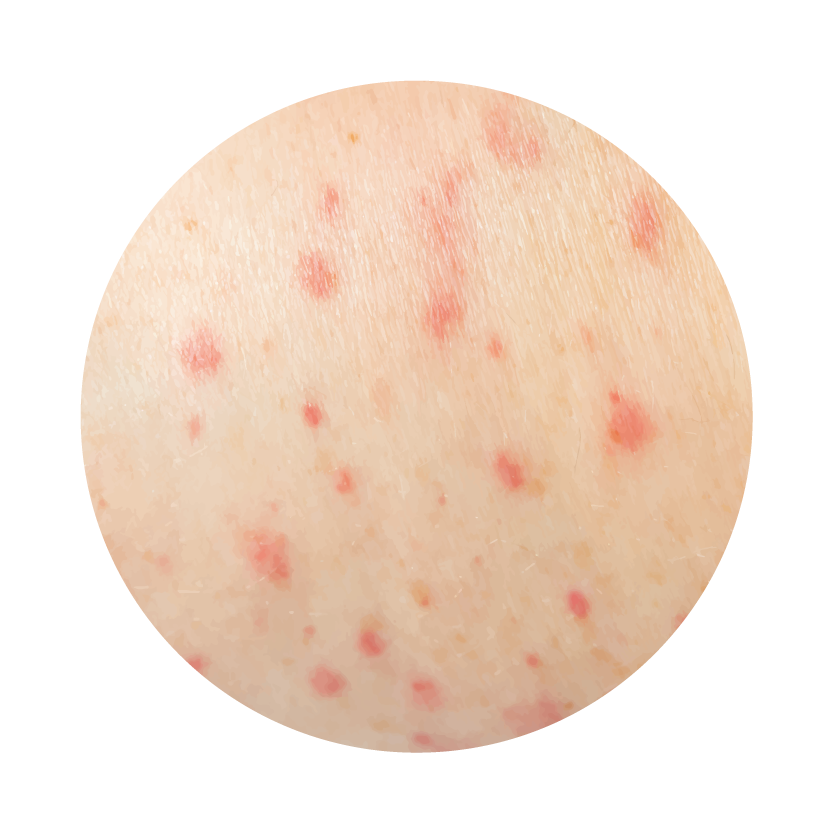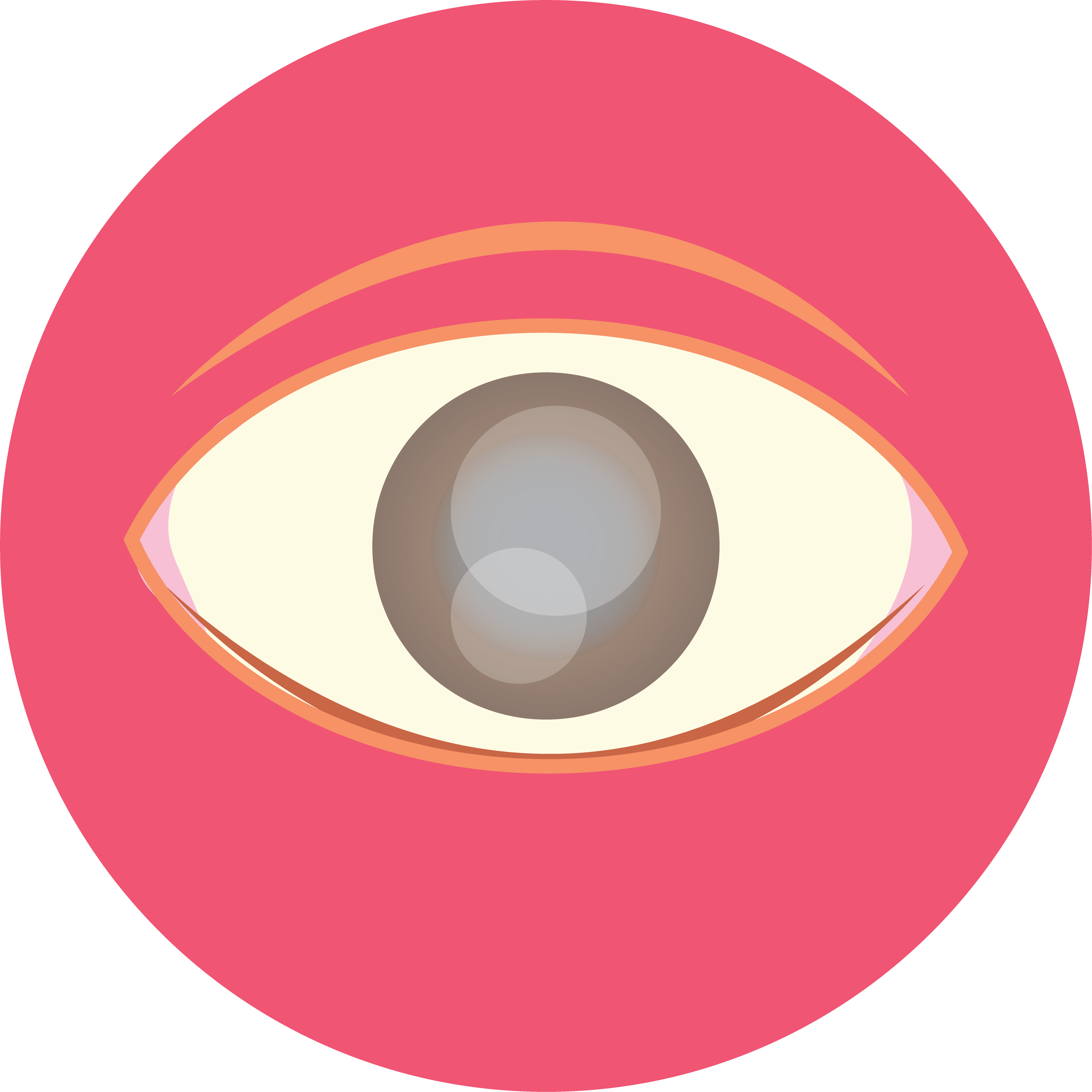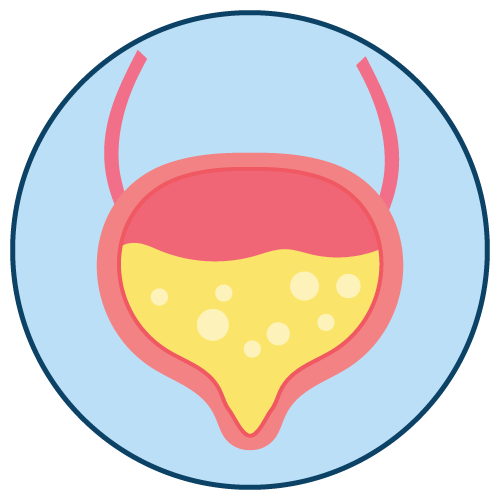| Name | Procyclidine Hydrochloride |
| Classes |
Central Nervous System Agent Anti-Parkinson Agent |
| Diseases |
Neuromascular Disorder Parkinson's Disease |
Procyclidine Hydrochloride
Procyclidine Hydrochloride is an anticholinergic medication used to treat symptoms of Parkinson's disease, such as tremors, stiffness, and difficulty with movement and coordination. It works by blocking the action of a chemical messenger in the brain that is responsible for causing these symptoms.
- Symptomatic treatment of Parkinson's disease
- Treatment of extrapyramidal symptoms caused by neuroleptic drugs
- Treatment of drug-induced parkinsonism
The recommended dosage for-
- Adults is 5mg to be taken orally three times a day.
- Elderly patients is 2.5mg to be taken orally three times a day.
- Children is 2.5mg to be taken orally three times a day.
- Common side effects include drowsiness, dizziness, dry mouth, blurred vision, and constipation.
- Less common side effects include allergic reactions, skin rash and nausea.
- Rare side effects include confusion, hallucinations, and tardive dyskinesia.
- Procyclidine Hydrochloride may cause drowsiness, dizziness or blurred vision. If you experience these symptoms, do not drive or operate heavy machinery.
- Procyclidine Hydrochloride may cause dry mouth. To reduce this effect, suck on sugar-free sweets or chew sugar-free gum.
- Procyclidine Hydrochloride should be used with caution in patients with a history of heart disease, high blood pressure or benign prostatic hyperplasia.
Contraindication
Procyclidine Hydrochloride is contraindicated in patients with a history of hypersensitivity to procyclidine or any of its excipients.
None known.
Procyclidine Hydrochloride is contraindicated in patients with
- angle-closure glaucoma
- severe urinary retention
 Bangla
Bangla English
English